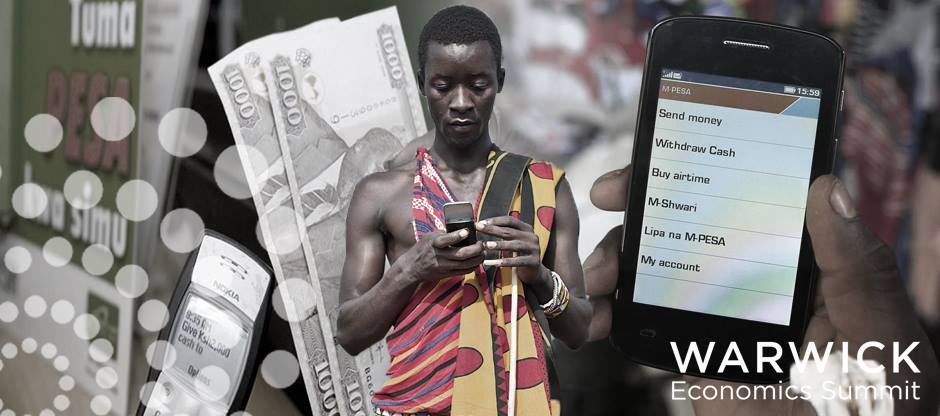WES: Kenya, the new modes of development
Dr. Peter Wuffli: “The integration of a new, more holistic “one world” perspective that reflects today’s and tomorrow’s realities.” The approach embraced by the Elea Foundation and its Chairman Peter Wuffli, aimed at innovative entrepreneurial solutions, is re-defining the concept of development across the most disadvantaged regions.
During the last decades, the economic targets of a number of countries switched from growth to economic development, implying an improvement in the standards of living of households and the advanced provision of basic social services. Nevertheless, many third-world countries are critical about the western development model, which is heavily based on strong financial institutions. Instead, they contemplate more inclusive local solutions, which involve small-scale businesses of citizens. For example, Kenya provides evidence of a successful entrepreneurial model, where the expansion of mobile services in the financial and agricultural sectors transformed the daily lives of farmers.
The program was initiated by Safaricom, the Kenyan largest mobile-network provider, which launched the M-PESA, a mobile phone micro-financing service, which led to the financial inclusion of 67% of the total population, in 2007. The program reported benefits both to the individuals involved and to the country’s overall economy. On the one side, households became able to manage unexpected income hits without curbing consumption, as M-PESA reduced the time and effort needed to move money between different locations. On the other side, the reduced circulation of cash gave momentum to the drop of the interest rate, stimulating loans for investment and consumption.
M-PESA’s success lies in the local conditions that the African country presented in 2008. Around 90% of the Kenyans owned a mobile device at that time. Given this and the high costs associated with physical money transfers, Safaricom took advantage of its dominant position in the market and provided an effective solution to the problem, making use of the existent state of technology. Consequently, the opportunity costs associated with long-distance payments decreased, allowing Kenyan farmers to enjoy income rises of 5% to 30%.
Following the success in the financial industry, mobile services expanded their coverage to encompass the agricultural sector. Given that 75% of the population work in this area, Safaricom partnered with iCow, a new-born start-up, to provide Kenyan farmers with daily tips and advices on how to improve the upbringing of animals. The long term business predictions estimate that the proliferation of this service across the dairy breeders may effectively decrease illiteracy rates and absolute poverty, providing basic education useful to expand the household’s herd. The success of this app unveils the strict link between the social and economic progresses and supports alternative models of growth.
The platforms of the Kenyan M-PESA and iCow are just a few examples of the successful entrepreneurial programmes aimed at financial inclusion and educational provision. These and other similar alternatives are spreading across sub-Saharan countries with the ultimate goal of improving the living standards of the rural populations, while taking advantage of the high diffusion of mobile devices. Nonetheless, despite the effectiveness of these solutions in the short-term, more time is necessary to test the potential coexistence of the two development models in the years to come.
By Orsola Maria Robasto
This piece is part of Warwick Economics Summit’s #WESWednesday blog series. The Boar Finance section is WES’ official student media partner for the academic year 2016/2017. You can view the original piece and other blog posts here.

Comments